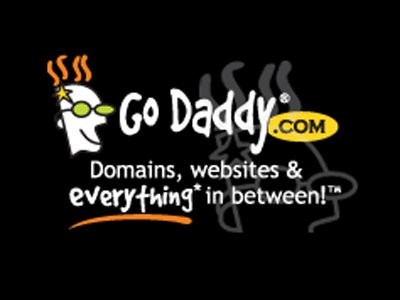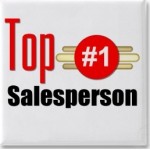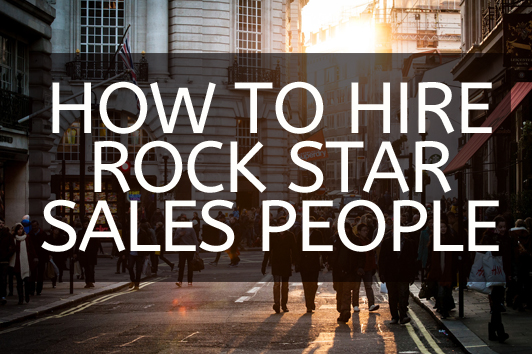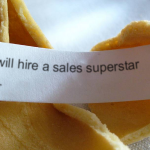Training
Training is an intrecle and ongoing part of sales force development. Not only initial product training but ongoing sales process training to include; prospecting, calling at the top of an organization, closing and the activities it takes to get there consistently.
Training
“To have growth in products, you need to have growth in people”
- Reinemund, CEO PepsiCo. Inc.
Training is an interesting subject. Most organizations believe at least at some level, that training is important. And most organizations believe that they have training in place. Typically when they say they have training they are referring to product training. Product training is the training of how the actual product(s) works. Thought it is important to understand this information, we tend to spend lots of time learning the ins and outs of product knowledge but not much time on how to take it successfully to market.
Most executives believe that “presenting” the features and benefits of the product and showing the knowledge of their product will sell it. It is only one part of the process and if I told you it was the less important of the two I am sure you would disagree…but it’s true. The other and most important part of the process is the ability to ask the right questions to get your prospects to “self-realize” that your product or service is a fit for them. This is not a natural way to approach selling; therefore training is an essential part of success in a sales organization.
A majority of sales organizations say they don’t have a sufficient amount of time to train and develop their sales teams. Another “reason” training doesn’t happen is that executives believe the sales manager has the responsibility to train. That is only partly true because training properly takes specific time and energy placed on the training task.
Often organizations overlook their greatest potential source of power-the power to increase sales performance by developing their people.
Executives attempt to solve sales training issues by hiring an ‘experienced’ salesperson. Someone that has been in sales before and just let them ‘do their thing”. This is an issue because we don’t know how successful they really were in the past and no matter how closely aligned your products or service is to what they sold before, it becomes difficult for them to break out of that mold.
If this issue is present it will show itself in many ways; one is each sales person is working as an island, meaning they all have their own way of selling, their own process-or lack there of. The difficulty with that is management can’t appropriately coach each individual without a process. Though each person has their own personality and their own style, a consistent process helps keep the entire sales organization on-track and adds the ability to forecast and coach for continual success. If your team is presently not hitting any of the benchmarks you’ve set look at their process. Is it broken?
Greta Schulz is President of Schulz Business, a Sales Consulting and Training firm. She is a best selling author of “To Sell IS Not To Sell” and has a Second Edition coming out in the fall2015. She works with fortune 1000 companies and entrepreneurs. For more information or free sales tips go to www.schulzbusiness.com and sign up for ‘GretaNomics’, a weekly video tip series or email sales questions to greta@schulzbusiness.com
To Train or Not To Train?












